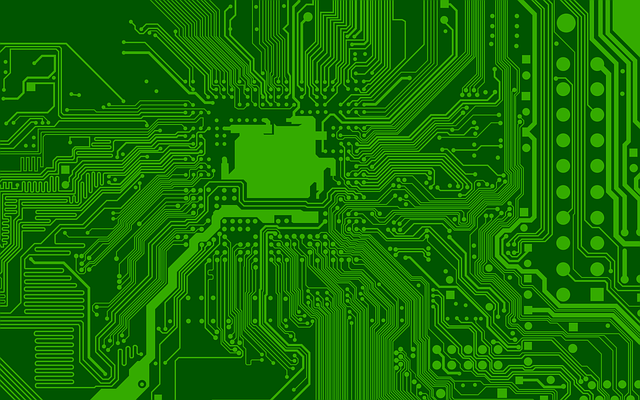If you have any intention at all of pursuing a career in PCB design, it is certainly going to be worth knowing more about the specific skills that you are going to need to boast to be successful. Ultimately, there are a vast array of attributes that can prove to be highly useful – too many that could be mentioned in a single blog post – but there will be a degree of coverage as to what you could be working on to achieve the level of success that you are looking for. So, let’s get into some more detail about the specific skills that PCB designers can benefit from. Continue reading to leave more.

A Wide Understanding of Electronic Components
To begin with, while printed circuit board designers are only going to be working on one specific area at a time, there are also going to need a much wider understanding of electronic components as a whole. This way, they are going to be able to have a wider understanding of how they fit into wider and more complicated electronic systems. Putting this all into context can end up making all the difference in so many ways.
Strong PCB Knowledge
It should go without saying that strong PCB design knowledge is also going to be required. Ultimately, this can be obtained in many different ways, but no doubt taking on some type of structured educational journey is going to be a highly useful starting point. Not only this, but you will also need to get some work experience in the specific area that interests you the most. Hands-on experience can make all the difference when it comes to progressing in the field of PCB design.
Understanding of PCB Design Rules
There are certain rules that you need to have in place in terms of PCB design. Ultimately, you are going to need to know more about the ones that you need to follow, as well as some of the programs that you will be using in successful circuit board design. Essentially, this is where good career planning is going to come into play, as it means that you are more likely to know the specifics of the PCB design software that you will be using. Having some level of familiarity with the major ones out there can end up making all the difference.
Strong Desire to Keep on Learning
As you will probably have been able to deduce already, this is not the type of career in which all your learning will simply be done overnight. You are going to need to keep on developing throughout your career. For some people, this is not the most appealing prospect in the world, whereas others are attracted to it in a significant way. Ultimately, this strong desire to keep on learning is what is going to keep on pushing you forwards at all times, ensuring that you are constantly advancing. The bonus here is that a lot of what you learn in the future is likely to be exciting, too.
Ability to Solve Problems
At the heart of all that you are doing in terms of PCB design is problem-solving. So, while this may be considered a ‘soft skill’, it is also one that can prove to be invaluable in so many ways. Indeed, since you are more than likely to be designed so many different types of circuits for such a wide range of uses, the problems that you are likely to face are various and vast. However, for a certain type of person, this will prove to be the perfect choice of a job role and can truly provide high levels of both satisfaction and fulfillment. Of course, there are going to be times in which it can prove to be highly challenging, but being able to surmount these issues successfully should be at the heart of all that you are doing.
Using the Right Tools at the Right Time
When you are working as a PCB designer, this is bound to mean that you are going to be wielding a wide variety of different tools. However, it is also the case that you will need to know how and when to use the right tools at the right time. Again, a big part of this all comes down to experience and the skills that you will eventually start to build up over time. It should get to the stage in which all of this becomes instinctive and like second nature, which can tell you that you are getting somewhere in the world of PCB design.
Other Technical Skills
Since we live in a world that is so reliant on tech of all varieties, it is also going to be highly important that you are in a position in which you can rely upon your other technical skills out there. For example, being able to wield the full range of Microsoft Office programs can certainly end up going a long way towards achieving each one of your goals successfully. Ultimately, the more that you are willing to work on yourself, the more likely it is that you will find yourself in a situation in which you are successful.
Learning from Mistakes
While some people can learn from their mistakes and take feedback well, there are plenty more who struggle with this concept. Ultimately, it is certainly going to be better that you are in the first camp of people, as you are much more likely to achieve the higher levels of success that you are looking for. Accepting that mistakes are a part of the practice should go a long way, but rather than rejecting this entirely, you should instead be looking to embrace it. This is the key to becoming more competent over time.
All of these are among the different skills that a PCB designer should be able to demonstrate successfully. So, now is certainly going to be the time to start working on anything that you currently do not board at the moment.







